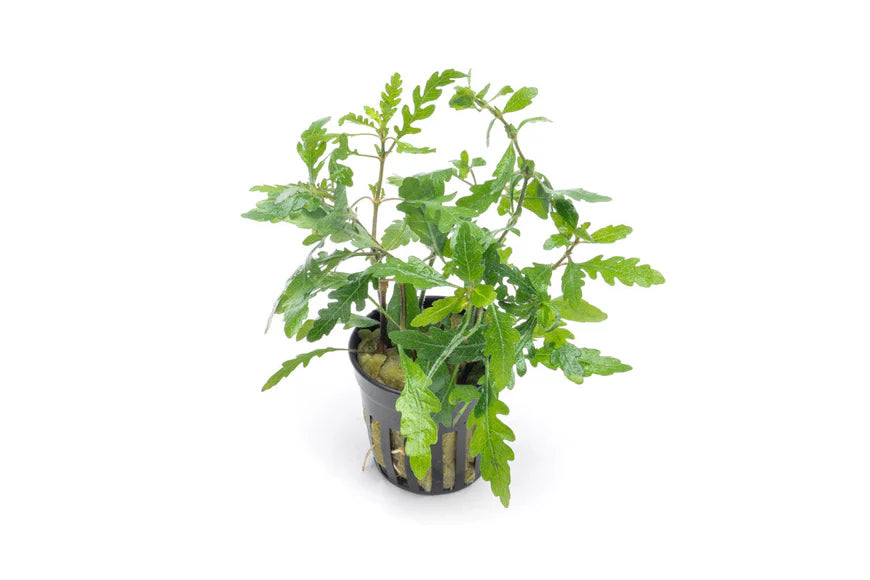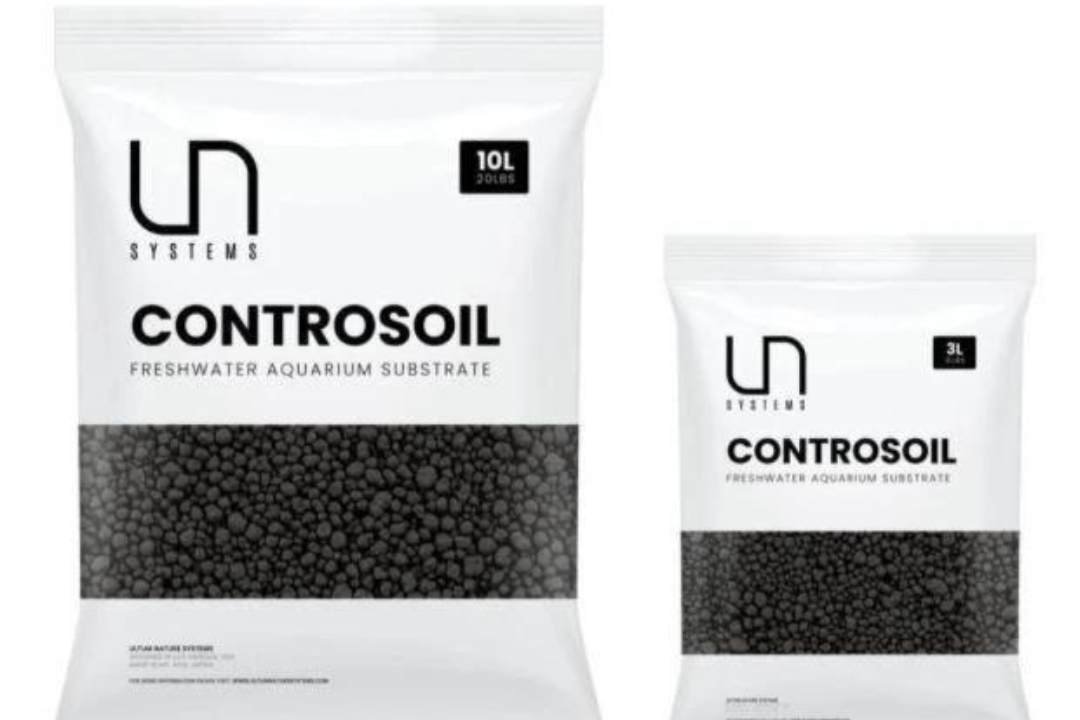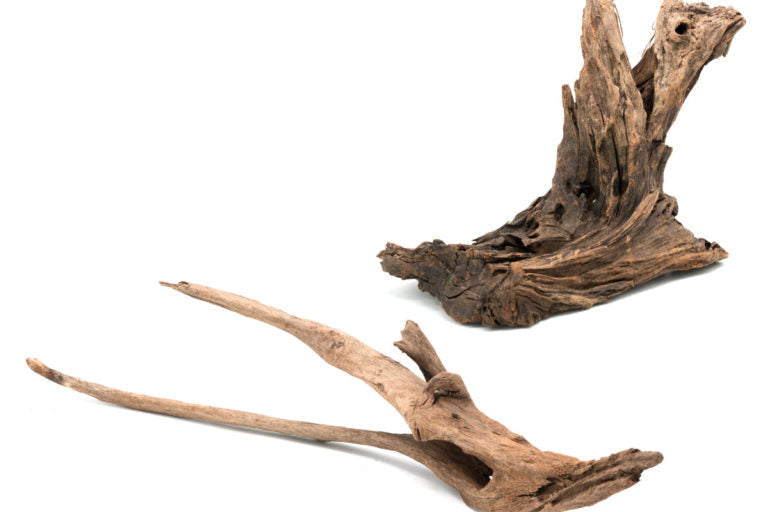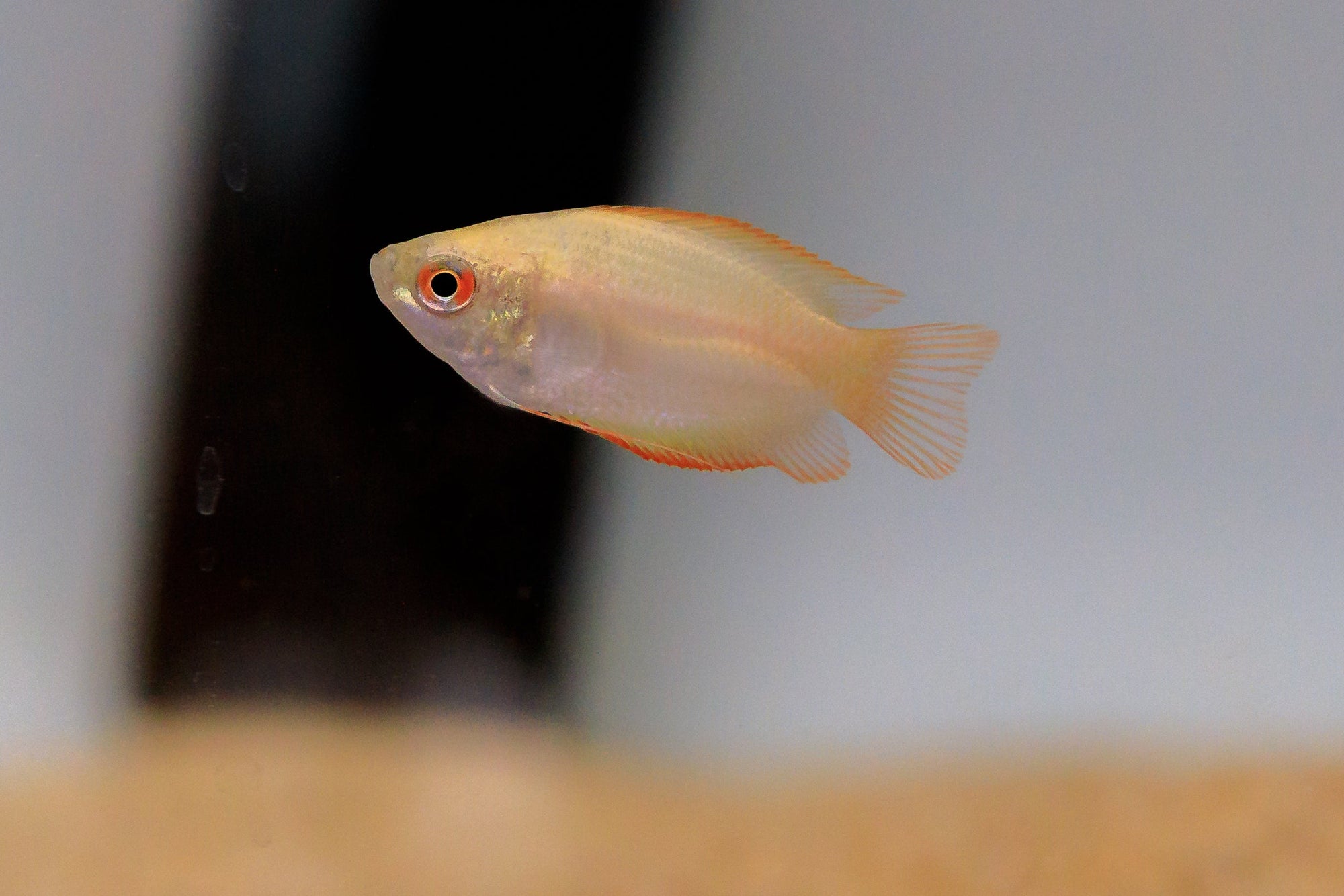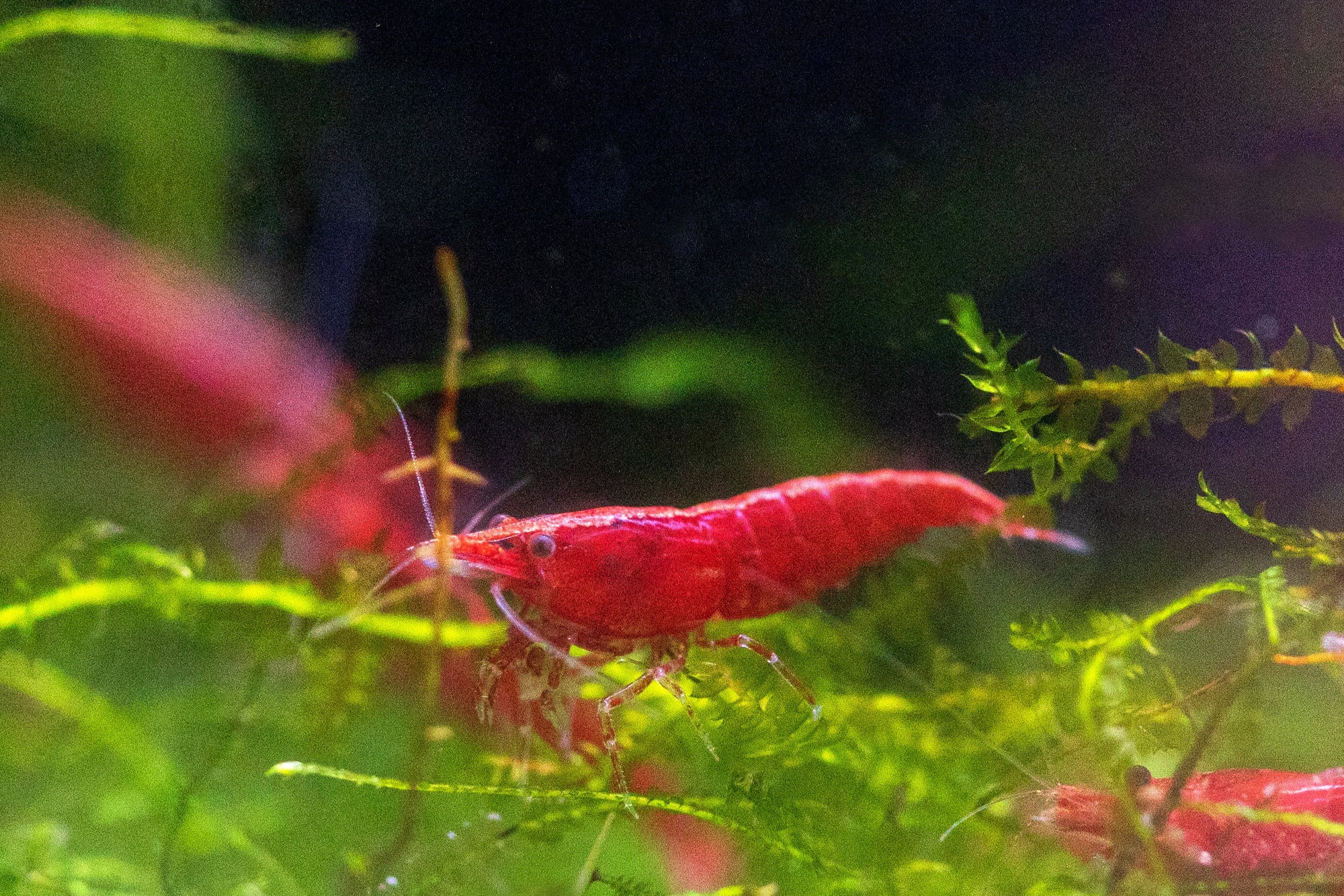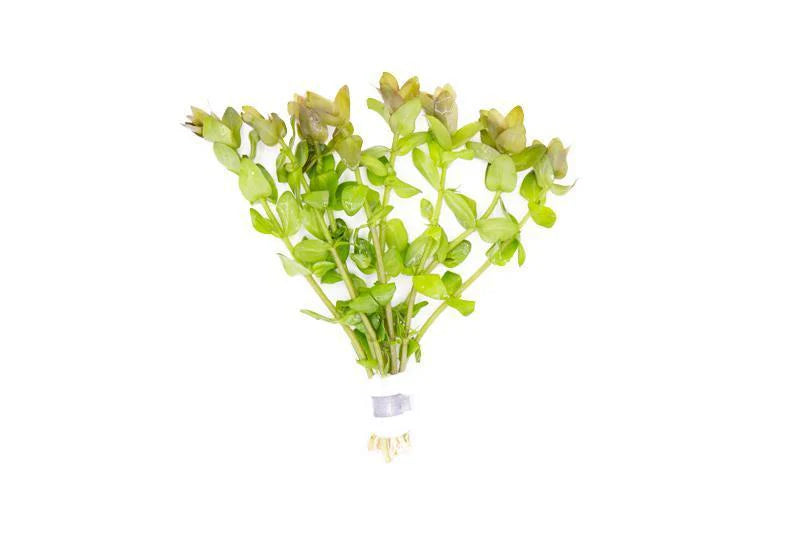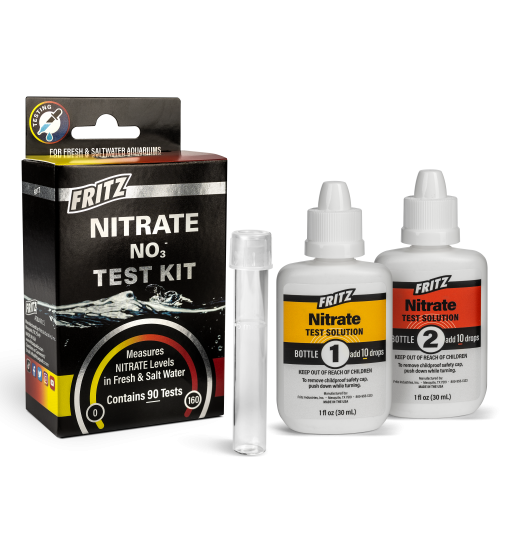This offer is valid for online purchases only, not valid at in-store location.
Malaysian Driftwood
Malaysian Driftwood – Natural Aquarium Hardscape
Malaysian Driftwood is a durable and natural hardscape option for freshwater aquariums and terrariums. Its unique shapes and textures make it perfect for aquascaping, planted tanks, and shrimp or fish aquariums, providing natural hiding spots and resting areas for aquatic life.
This driftwood is naturally resistant to decay and leaches minimal tannins, helping maintain stable water conditions. Over time, it develops a natural patina and can support mosses, ferns, and other epiphyte plants, enhancing the beauty and realism of your aquascape. Lightweight yet sturdy, it allows for creative and functional aquarium designs.
Features:
-
Durable and natural hardscape for aquariums
-
Unique textures and shapes for aquascaping
-
Provides hiding spots and resting areas for fish and shrimp
-
Minimal tannin release, safe for freshwater tanks
-
Ideal for planted, shrimp, and community aquariums
Buy Malaysian Driftwood for sale online and create a natural, functional, and visually stunning aquarium environment.
All dry-good purchases may be returned if unopened. If the packaging for any dry goods have been opened but unused, it may still be eligible for return.
For more info regarding returns, please refer to our FAQ page.
Malaysian Driftwood – Natural Aquarium Hardscape
Malaysian Driftwood is a durable and natural hardscape option for freshwater aquariums and terrariums. Its unique shapes and textures make it perfect for aquascaping, planted tanks, and shrimp or fish aquariums, providing natural hiding spots and resting areas for aquatic life.
This driftwood is naturally resistant to decay and leaches minimal tannins, helping maintain stable water conditions. Over time, it develops a natural patina and can support mosses, ferns, and other epiphyte plants, enhancing the beauty and realism of your aquascape. Lightweight yet sturdy, it allows for creative and functional aquarium designs.
Features:
-
Durable and natural hardscape for aquariums
-
Unique textures and shapes for aquascaping
-
Provides hiding spots and resting areas for fish and shrimp
-
Minimal tannin release, safe for freshwater tanks
-
Ideal for planted, shrimp, and community aquariums
Buy Malaysian Driftwood for sale online and create a natural, functional, and visually stunning aquarium environment.
All dry-good purchases may be returned if unopened. If the packaging for any dry goods have been opened but unused, it may still be eligible for return.
For more info regarding returns, please refer to our FAQ page.

